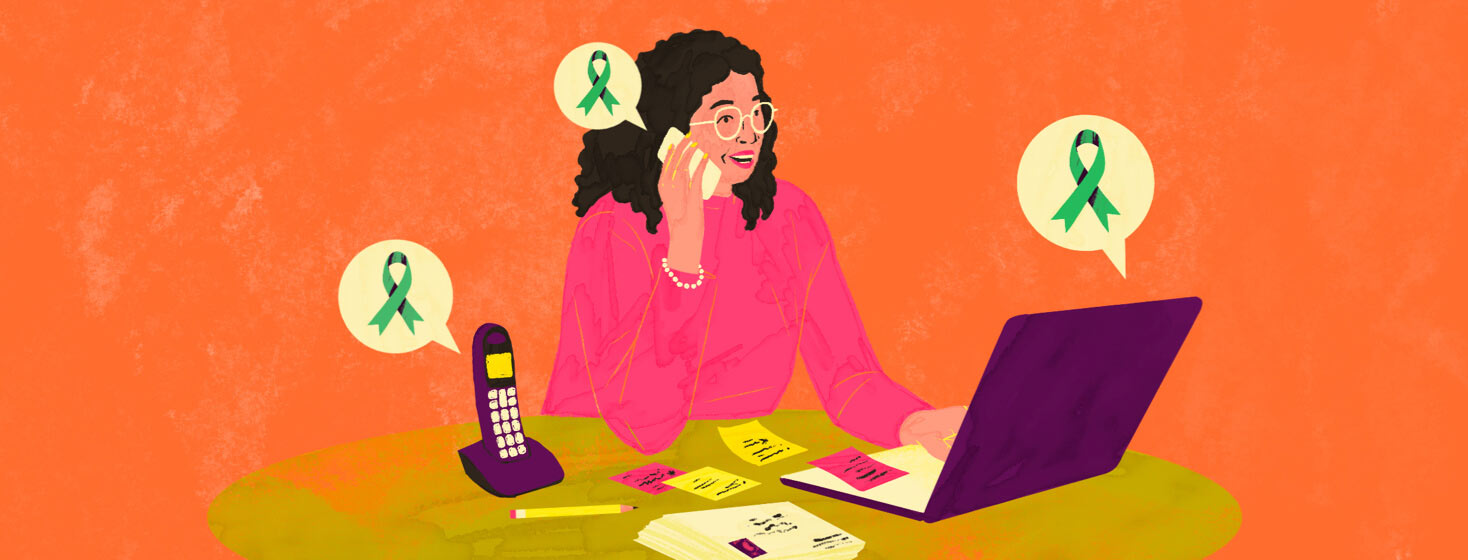Working A Real Job After Diagnosis
For most of my rare disease journey I was a sick and unemployed college dropout with minimal work history.
The first three years of my diagnosis I applied for disability four times and was denied. My mom would work all day, leave her phone volume up, and at any slight turn in my health she would come home, losing hours and wages. Unfortunately not all bosses and companies understand the idea of a chronic illness. I couldn’t work, I couldn’t buy things for myself. I could barely afford medication and we were just making enough to cover basic bills.
Rare diseases and work
During my rare disease journey, I’ve heard a lot of comments from people over the years (good and bad). But one that has stuck with me is a close family member telling me that I would never become a substantial adult because I have no education, no career, and a bad credit score. This was right as my gastrointestinal (GI) system was shutting down and starting to not work.
Unfortunately, these comments happen all the time to chronically ill people.
When I was first diagnosed, I was a track athlete on full scholarship with a credit score of almost 700, three full-time jobs, paying for my own bills, and majoring in sports medicine.
After diagnosis, my life changed. What I used to think were my goals and plans - they all changed. I had to worry about a lot of real life things early on.
NMO and financial struggles
In the beginning I was so sick. Not even my mom could work a job. I needed 24/7 care and around-the-clock medication that I couldn’t get for myself. I was still fresh off of learning how to walk and was often in the bed or on the couch. I had no ability to bring any kind of income in.
I don’t really like to talk about the financial struggles of this disease, because money is something that’s often embarrassing to talk about. But there have been many times when we have spent our last dime to get my medication after co-pays, gas, two appointments, specialized diet plans, over-the-counter prescriptions and therapies that aren’t covered by insurance.
My rare disease has gotten to be very expensive.
Applying for disability
I applied and got denied for disability five times. On the fifth time I got a lawyer and as expensive as it was, it worked out in the end. It was hard getting back out into the workforce. After being on disability about two years ago I knew I wanted to start working again. Simply just so that we didn’t have to be in the same financial circumstances we have been in, and unfortunately that’s the case for a lot of rare disease patients.
I was quickly learning that I had to make something for myself, if I wanted to succeed in this world as a rare disease patient. So I started writing articles and I thought to myself, why not turn my pain into payment all while helping other rare disease patients. I am fortunate to have the connections I do to be able to do advocacy work, and nonprofit as a full-time job.

Join the conversation